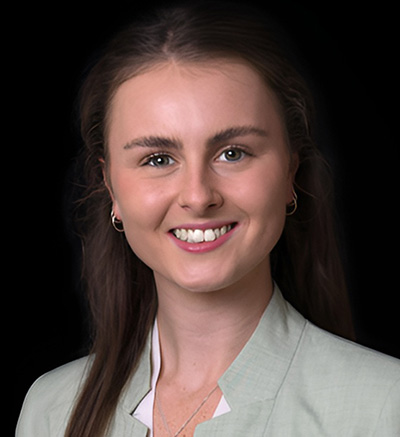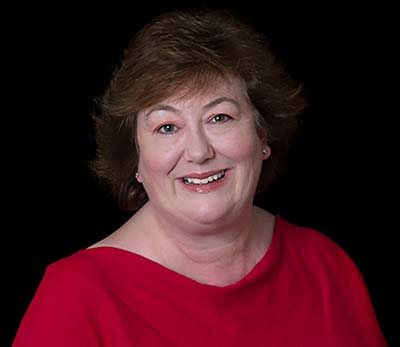Your pension can be one of the highest value assets you individually own. Our family department are experienced in dealing with financial settlements upon divorce and civil partnership dissolution and can advise you on how to deal with pensions.
It is the law that upon separation, you and your spouse must divide your money and assets fairly, enabling both of you to move on with your lives in financial security. This includes individually owned assets such as pensions.
Our skilled family law team are on hand to help you sort out your finances upon relationship breakdown. We are members of the Law Society Family Law Advanced Accreditation, which is only held by firms with recognised expertise in specialist areas of family law, including cases involving complex finances.
In our experience, divorce settlements work better where both spouses are in agreement. We encourage a cooperative approach to financial matters and provide sensitive, practical advice to help you achieve this. Our family team are members of Resolution, including qualified collaborative lawyer, Charlotte Woodhouse, and we have a strong track record helping individuals come to constructive, positive agreements wherever possible.
Speak with one of our divorce lawyers today by giving us a call at your local branch in Chichester, Fareham, Havant or Petworth, or fill in our online enquiry form for a quick response.
How we can help you with pensions on divorce or dissolution
If there is a significant difference between the spouses pensions then there are various ways to deal with pensions called:
- Offsetting
- Pension sharing
- Pension attachment
Our family department can advise you on the most beneficially option available to you.
In order for our legal professionals to advise on what would be best for you, you will be advised to obtain details on your pension. Our family department or a pension expert will consider the value of your pension fund. Pensions can be extremely complex and will need to be considered as part of the entire division of financial assets to ensure a fair settlement overall.
Our family department can also advise you on whether it is necessary to instruct a pension expert to obtain a pension actuaries report in your particular circumstances.
Pension Offsetting
This involves you retaining your pension by substituting another asset in equal value. This is common if one party wishes to retain the family home.
Pension offsetting can allow you and your former spouse to achieve a “clean break” once your divorce or dissolution is complete. A clean break divorce or dissolution is where you are able to fully divide your assets so that there are no ongoing financial obligations between you.
This is a positive for many separating couples who want to move on with their life without any further involvement from their former spouse.
Pension Sharing
This is where your spouse gets a portion of your pension assigned to them. This portion will usually be transferred out of the pension into a new scheme so both parties end up with individual pension funds.
To implement pension sharing, you must get a Pension Sharing Order as part of your divorce or dissolution proceedings. The court will award a proportion of the pension to the non-policy holder spouse. The exact proportion will depend on your individual circumstances and your overall financial resources; it will not necessarily be a 50/50 split.
This option can also allow separating couples to achieve a clean break quickly because the pension provider is legally obliged to split the pension within a few months of receiving the Pension Sharing Order. Once the pension is officially split, the parties have no ongoing pension-related obligations to each other.
Pension Attachment
This is where the court can award lump sum payments, periodical payments or secured periodical payments against the pension. However, the spouse awarded can only receive their share once the policy holder spouse starts drawing their pension.
This option does not allow separating couples to achieve a clean break. The non-policy holder spouse will receive an entitlement to the policy holder spouse’s pension which may not come into fruition for many years. Once the policy holder spouse starts receiving their entitlements, the non-policy holder spouse will receive their entitlements directly from the pension fund, often in the form of ongoing payments. For this reason, many couples prefer pension sharing over pension attachment, although for some couples, it may still be the best option available.
We can talk you through the different options and help you establish which method is right for you.
Get advice about pension claims on divorce or civil partnership dissolution
Speak with one of our divorce lawyers about pensions today by giving us a call at your local branch in Chichester, Fareham, Havant or Petworth, or fill in our online enquiry form for a quick response.



